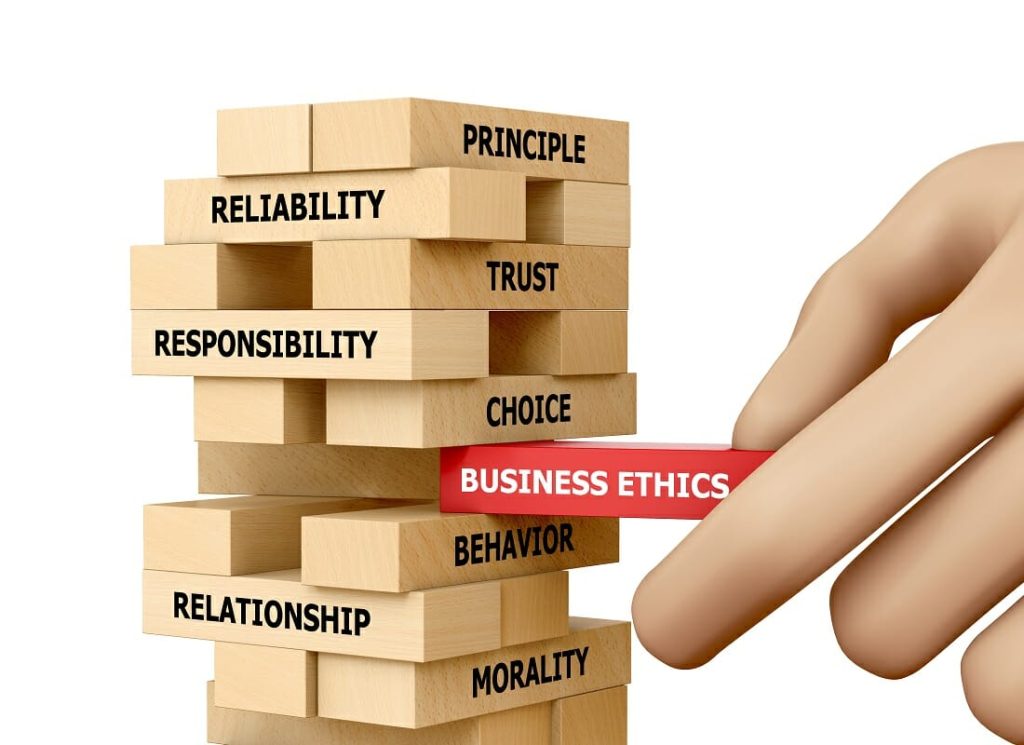DEFINITION of ‘Ethical Investing’
Using one’s ethical principles as the main filter for securities selection. Ethical investing depends on an investor’s views; some may choose to eliminate certain industries entirely (such as gambling, alcohol, or firearms, also known as sin stocks) or to over-allocate to industries that meet the individual’s ethical guidelines.

Ethical investing is sometimes used interchangeably with socially conscious investing, but socially conscious funds typically have one overarching set of guidelines that is used to select the portfolio, whereas ethical investing brings about a more personalized result.
BREAKING DOWN ‘Ethical Investing’
Ethical investing gives individuals the power to allocate capital toward companies that are in line with their personal views, whether they are based on environmental, religious or political precepts. Investors should keep in mind that “ethical” does not imply “outperform.”
A good way to start with an ethical investing policy is to write down the areas you want to avoid as well as where you want to see your money invested. From there you can come up with an asset allocation plan and begin researching individual securities and funds.
History of Ethical Investing
Often, ethical investing is motivated by one’s religion, and the industries avoided are seen as those that promote sin. The earliest recorded instance of ethical investing in America was made by Quakers in the eighteenth century, who restricted members from investing their time or money in the slave trade. Around the same time, John Wesley, a founder of Methodism, preached on the importance of refraining from investing those industries that harm one’s neighbor, such as chemical plants, in his speech “The Use of Money.”
In the 20th century, ethical investing gained traction based more on people’s social views rather than their religious ones. Ethical investments tend to mirror the politics and trends of the time. In 1960s and 1970s America, ethical investors focused on those companies and organizations that promoted equality and rights for workers and shunned those that supported or benefited from the Vietnam War. Starting in the 1990s, ethical investments began to focus heavily on environmental issues, and ethical investors moved away from coal and fossil fuel companies toward those that supported clean and sustainable energy. That trend continues today.
How to Invest Ethically
No matter what your intentions, it’s important to fully research a company before investing. You must determine whether the investment is a sound financial decision by reviewing the company’s history and finances. However, financial return is only one aspect of ethical investing–you must also look into the company’s commitment to ethical practices. For example, you can read a company’s mission statement, but it’s also important to research their track record and how they’ve impacted the community in the past.

